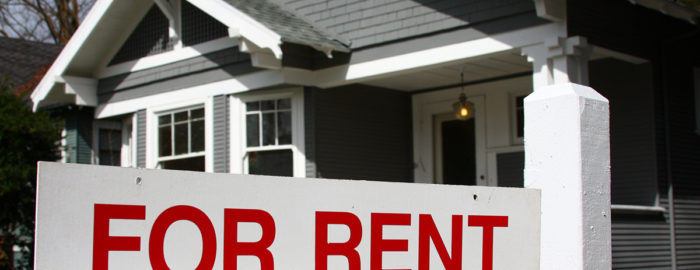Investing in a rental home, whether it is a single-family detached home, condo, two, three, or four-unit building, share the same benefits. People instinctively know many of the working parts because they are the same as what a homeowner has. They have a basic understanding of how to maintain the property and what the value of the property means. Service providers they use on their home would be the same they would use on an investment property.
Investment properties allow investors to obtain a larger loan-to-value mortgage at a fixed interest rate for up to 30 years. An investment property will appreciate, maybe exceeding market fund investment, have already defined tax advantages, and allow the investor to assert more control over the asset than many alternative investments.
Most lenders will require a 20 to 25% down payment due to the nature of the property and will finance the balance at rates close to what regular homeowners will pay. Investors will also need to pay buyer closing costs which add another 3 to 4% to the cash needed to close. It would also be wise to have extra available funds for any repairs or maintenance needed after the closing.
Successful real estate investors are in every price range and every part of town. If the ultimate goal is to have the rent handle the holding costs and to sell the appreciated property at the end of a seven to ten year holding period, it might be advantageous to stay in a predominantly owner-occupied neighborhood. The homes in these areas usually appreciate faster and appeal to a buyer who wants it for their home. Chances are that this type of buyer will pay a higher price than an investor who may not be willing to pay as high a price.
By buying in an average or slightly lower price range, you will be able to appeal to a broader group of buyers or tenants while you are renting the property. People still buy homes even when the interest rate was 18.5% during the mid-’80s. Higher priced homes tend to slow in sales during times of economic slowdown.
Ask me what price ranges sell the best, rent the best, and have mortgage money available.
Some investors manage their properties themselves and others don’t want to be involved. Professional property management has advantages like expertise, established contacts, operating statements, and economies of scale. The main disadvantage is the cost factor but if they can rent the home for a higher price and keep expenses lower than you can, it could minimize the difference.
Another option for consideration is to have a Realtor place your tenant, run a credit report, and write up a lease. Usually, there is a one-time fee for this, but the owner/investor could then manage the property and save the monthly expense of a management company.
An investor managing their property would need an understanding of the landlord-tenant laws. There can be civil and criminal aspects. Examples are: that a landlord is required to change the locks on a property for a new tenant; the number of days before a landlord must return a deposit and what to do if damages are causing all or part of it to be withheld.
A tool that can be very helpful for an investor is an investment analysis that will assist you in selecting a property that is likely to provide a satisfactory rate of return (ROR). Ask me about providing this for you. Realtors® are usually more familiar with rents and expenses and be able to determine the cash flow and what kind of yield you may be able to expect over your intended holding period.
For more detailed information, download my Rental Income Properties and contact me to schedule a meeting to talk about the possibilities.
I can provide Insider Information on Fairfax VA homes for sale. Get you a FREE Market Snapshot Report of Your Northern Virginia Home’s Value, or Search All Northern Virginia Homes For Sale. Put that data you need at the tips of your fingers!


